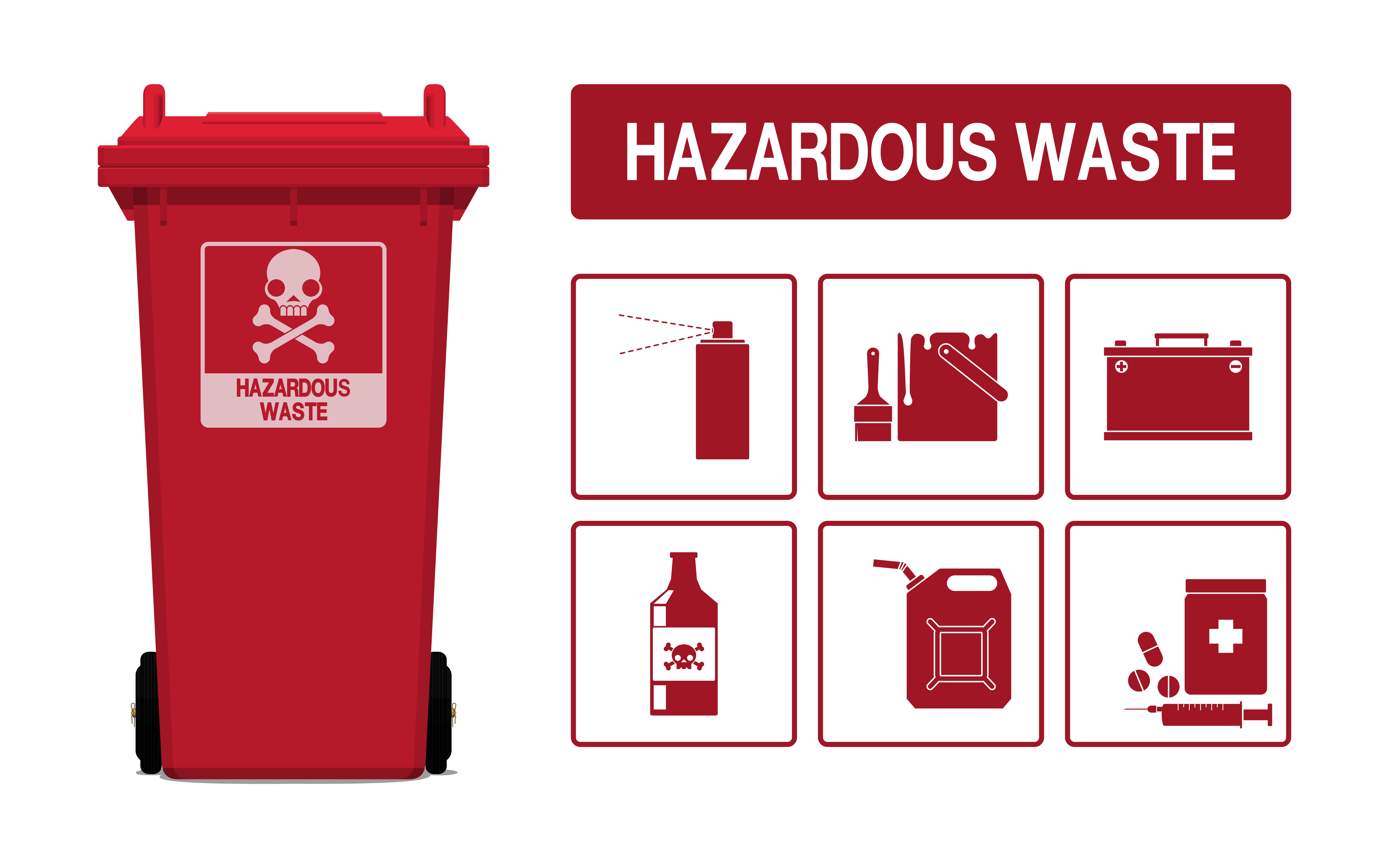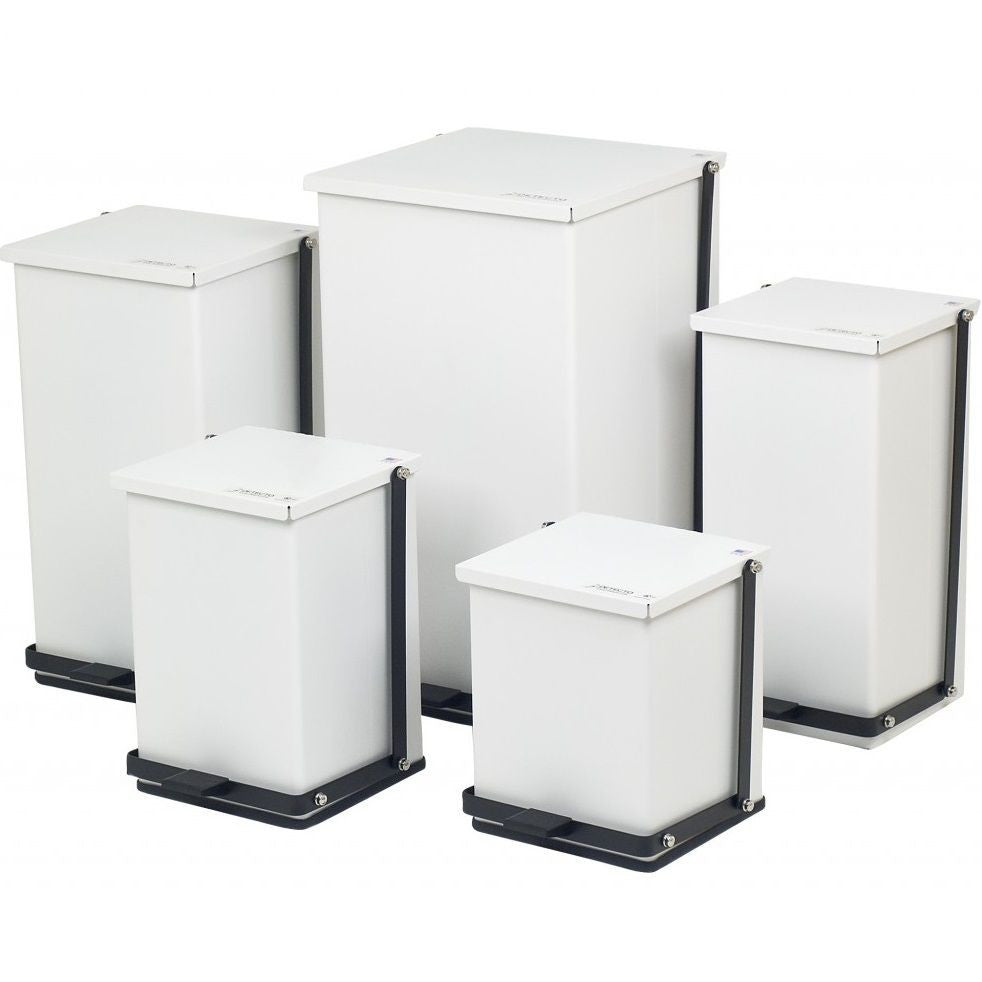Beyond Cleanup: Ensuring Security with Expert Medical Waste Removal
Beyond Cleanup: Ensuring Security with Expert Medical Waste Removal
Blog Article
Remain Ahead of Laws: Specialist Advice on Medical Waste Disposal
In a globe where the medical care sector is constantly evolving, it is vital for medical facilities to remain in advance of laws when it comes to the correct disposal of clinical waste. From understanding the various groups of medical waste to implementing the ideal collection and segregation techniques, this conversation will provide beneficial insights and actionable ideas to help centers stay ahead of laws in the ever-changing landscape of medical waste disposal.
Comprehending Medical Waste Categories
Understanding medical waste classifications is necessary for correct disposal and monitoring in healthcare centers. Medical waste describes any type of waste produced by medical care activities that might position a threat to public health and wellness or the environment. It is critical to categorize medical waste accurately to guarantee its secure handling, transportation, disposal, and therapy.
There are numerous groups of medical waste that healthcare centers require to be familiar with. The most usual groups include infectious waste, pathological waste, sharps waste, pharmaceutical waste, and chemical waste. Each classification has details guidelines and laws for its proper management and disposal.
Infectious waste includes materials polluted with blood or other physical fluids, such as handwear covers, dress, and research laboratory societies. Pathological waste describes human cells, body organs, or body parts that call for special handling and disposal. Sharps waste includes used needles, syringes, and various other sharp objects that can cause injury and transmit infections. Drug waste consists of run out, unused, or polluted medicines that need cautious handling and disposal. Last but not least, chemical waste includes solvents, disinfectants, and other chemical compounds utilized in healthcare facilities.
Staying Up-To-Date With Regulatory Changes
Staying existing with governing modifications is important for healthcare centers to guarantee compliance and appropriate monitoring of medical garbage disposal. medical waste removal near me. With regulations constantly progressing, it is essential for healthcare centers to stay up-to-date to prevent charges, fines, and possible damage to the setting and public health and wellness
To remain in advance of governing changes, healthcare facilities must develop a system for tracking and tracking updates. This can be done by subscribing to regulatory e-newsletters, participating in workshops and seminars, and actively taking part in market associations. In addition, centers ought to designate a personnel or team in charge of staying informed and sharing information to pertinent stakeholders.
Routine communication with governing agencies is additionally important. Health care facilities need to establish partnerships with local, state, and federal firms to ensure they know any modifications in regulations that may affect their waste management methods. This can be done via regular meetings, involvement in public remark periods, and positive involvement with regulatory agencies.
Furthermore, medical care facilities need to think about partnering with waste monitoring business that specialize in clinical waste disposal (medical waste disposal services with WasteX). These business are commonly fluent in the most current laws and can provide assistance and support to make sure conformity
Implementing Appropriate Collection and Partition Techniques
To properly take care of clinical garbage disposal, medical care centers must develop correct collection and partition approaches based on regulative guidelines. Executing these methods guarantees the safe handling and disposal of potentially harmful materials, safeguards the atmosphere, and reduces the risk of infections and injuries to healthcare workers and the general public.
Correct collection and segregation techniques include using assigned containers and labeling systems. Healthcare centers must supply clearly classified containers for various sorts of clinical waste, such as sharps, transmittable waste, pharmaceutical waste, and non-hazardous waste. These containers should be color-coded and clearly significant to stay clear of confusion and advertise very easy identification.
Furthermore, health care centers ought to train their team on the right treatments for accumulating and segregating clinical waste. This consists of educating them on the various kinds of waste, the ideal containers to utilize, and the significance of following policies and guidelines. Routine training sessions and refresher training courses ought to be conducted to make sure that team member stay up-to-date on finest practices.
In addition, medical care centers should develop a system for regular collection and disposal of medical waste. This might involve partnering with certified waste management business that concentrate on medical garbage disposal. These companies will certainly make sure that the accumulated waste is delivered and gotten rid of in conformity with regulatory demands.
Selecting the Right Disposal Approaches

Incineration is one of the most typical and efficient approaches for taking care of certain kinds of medical waste, such as pathological waste and sharps. It includes the controlled combustion of waste at heats, decreasing it to ash. Nevertheless, incineration can launch dangerous toxins right into the air and add to air pollution.
Other disposal approaches consist of chemical treatment, microwave therapy, and landfilling. Chemical treatment includes making use of chemicals to decontaminate and reduce the effects of the waste. Microwave treatment makes use of microwave power to warm and disinfect the waste. Landfilling includes burying the waste in an assigned landfill location (medical waste disposal services with WasteX). Landfilling needs to be useful content the last hotel due to the potential risk of contamination to soil and groundwater.
Making Sure Conformity Via Documentation and Training
After carefully thinking about the suitable disposal techniques for medical waste, health care facilities should make sure conformity with policies and decrease environmental impact by executing efficient documentation and training procedures. This action is crucial in keeping a sustainable and safe environment for both healthcare employees and the public.

Healthcare workers who handle medical waste ought to get proper training on waste partition, taking care of, and disposal treatments. By giving thorough training, medical care centers can encourage their team to make enlightened choices and lessen the danger of incorrect waste disposal.
Final Thought
Finally, staying ahead of regulations in medical garbage disposal is crucial for medical care centers. medical waste removal service. Comprehending the different categories of clinical waste, remaining updated with regulatory changes, applying correct collection and segregation methods, picking the ideal disposal techniques, and guaranteeing compliance with documentation and training are all essential actions. By complying with these guidelines, medical care companies can efficiently get rid of and manage of clinical waste in a liable and safe manner
From comprehending the different groups of medical waste to executing the right collection and partition methods, this discussion will certainly offer actionable pointers and valuable understandings to help centers remain ahead of laws in the ever-changing landscape of medical waste disposal. - medical waste disposal services with WasteX
The most common classifications consist of transmittable waste, pathological waste, sharps waste, pharmaceutical waste, and chemical waste. Healthcare facilities ought to supply clearly identified containers for various kinds of clinical waste, such as sharps, transmittable waste, pharmaceutical waste, and non-hazardous waste. Healthcare facilities ought to official website establish a thorough system to record and track all aspects of medical waste disposal, including types of waste generated, quantities, and disposal methods made use of. Healthcare workers that handle clinical waste should receive appropriate training on waste partition, handling, and disposal procedures.
Report this page